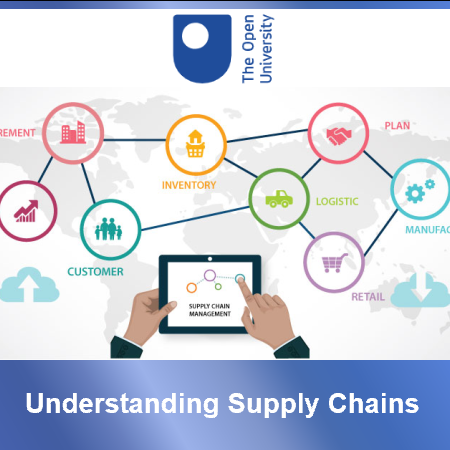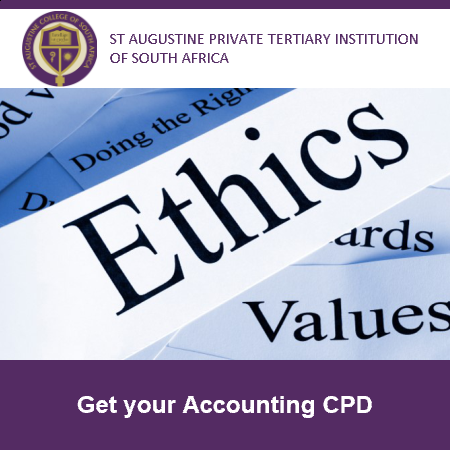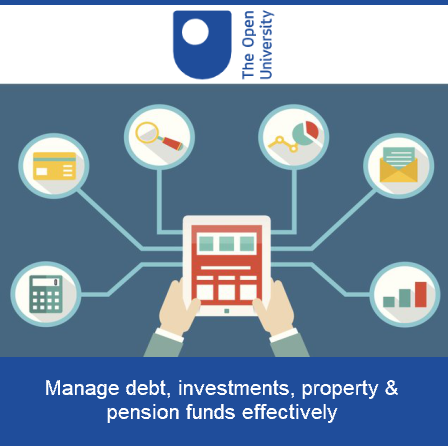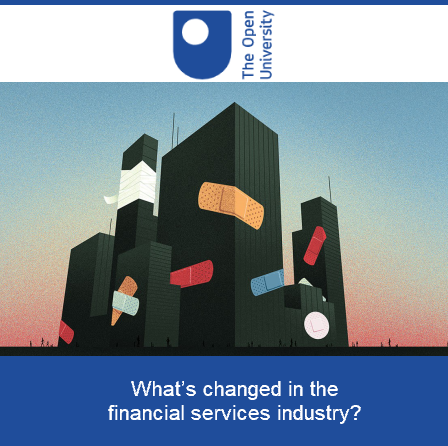Course Duration: 4 weeks
Weekly study: 3 hours
The Digital Economy: Finance for Business Growth
$89.00
In this online course from The Open University you will learn about:
- Cash Management
- Funding strategies
- Different types of finance
- Using Finance
Disclosure: We are compensated for recommending courses offered through Future Learn that you purchase (at no extra cost to you). Based on the quality of Future Learn courses, we have not reviewed or tested any of the courses.
Description
This course is part of The Digital Economy program, which will enable you to thrive in the digital economy as well as earn 15 credits towards an MBA.
Evaluate how to fund your business investment
Every business needs cash to grow as well as develop. Some can find enough cash from their operations. Others might need external sources of finance, like a bank loan. So how does a business make robust decisions about borrowing?
Whether you are in a micro business, a small to medium-sized organisation, or a large firm, this online course will guide you through finance options.
You will consider traditional as well as alternative finance options; evaluate what type of funding is suitable for your business; as well as develop a financial statement and funding strategy, to make the right decision.
What topics will you cover?
- Assess the role of cash management in business as well as the relationship between cash management and business performance.
- Consider the benefits and drawbacks of different sources of finance.
- Understand the relevance of liquidity and solvency when managing a business.
- Evaluate the role of cash flow forecasting and assess future cash requirements.
- Understand the risks, benefits and drawbacks of different types of funding.
- Decide on a suitable type of funding and assess risk-return issues.
- Assess how and why alternative finance activities, such as crowdfunding, have evolved.
- Assess the benefits and risks of alternative finance for business borrowers.
- Evaluate the use of equity funding, both private and public equity issues.
- Assess the role of private equity, and the benefits offered by different types of private equity for funding business growth.
- Explore behavioural finance issues in investment decision-making.
What will you achieve?
By the end of the course, you’ll be able to:
Assess borrowing requirements and develop a strategy for your business finance needs.
Assess and critique finance available to your business, both traditional and newer sources, such as crowd funding.
Apply and consider the role of traditional sources of finance, i.e. debt and equity, as well as alternative finance options, such as crowdfunding and peer-to-peer lending.
Collect and learn to use a cash flow forecast to help you make decisions about managing business cash.
Assess the risks, benefits and drawbacks of different types of debt.
Evaluate funding opportunities for business growth and development.
Record and learn to use financial statements to assess the financial health of a business.
Investigate and find out how you can develop a funding strategy and make the right decision about the type of borrowing for your business.
Who is the course for?
This course is intended for those with an interest in developing their financial skills to make robust decisions when managing business finance. The course does not require any previous experience of this subject. Find further information about OU registration, the assessment module and MBA in the entry requirements.
What do people say about this course?
“The Digital Economy: Finance for Business Growth is one course by the Open University which l cherish very much, and which l will forever treasure. I have learnt a lot of terminologies under business and finance/accounting. Thanks to the lead educator and her team of facilitators.”
Robert Adom-Boateng
Who will you learn with?
Who developed the course?

























